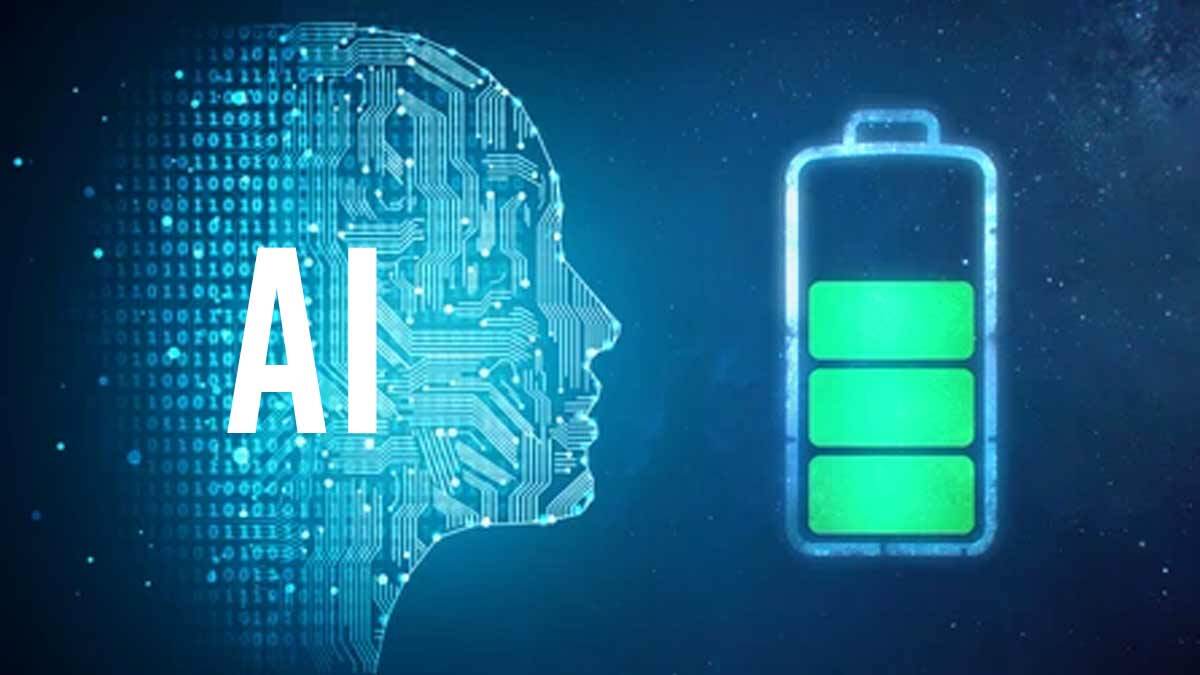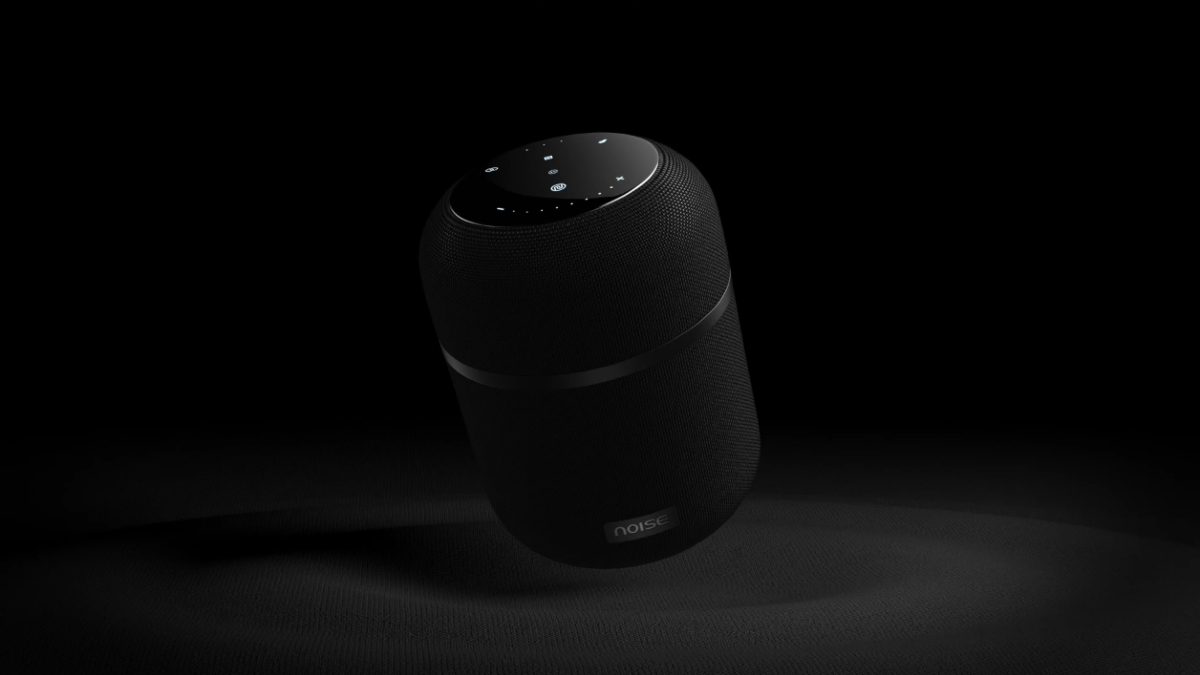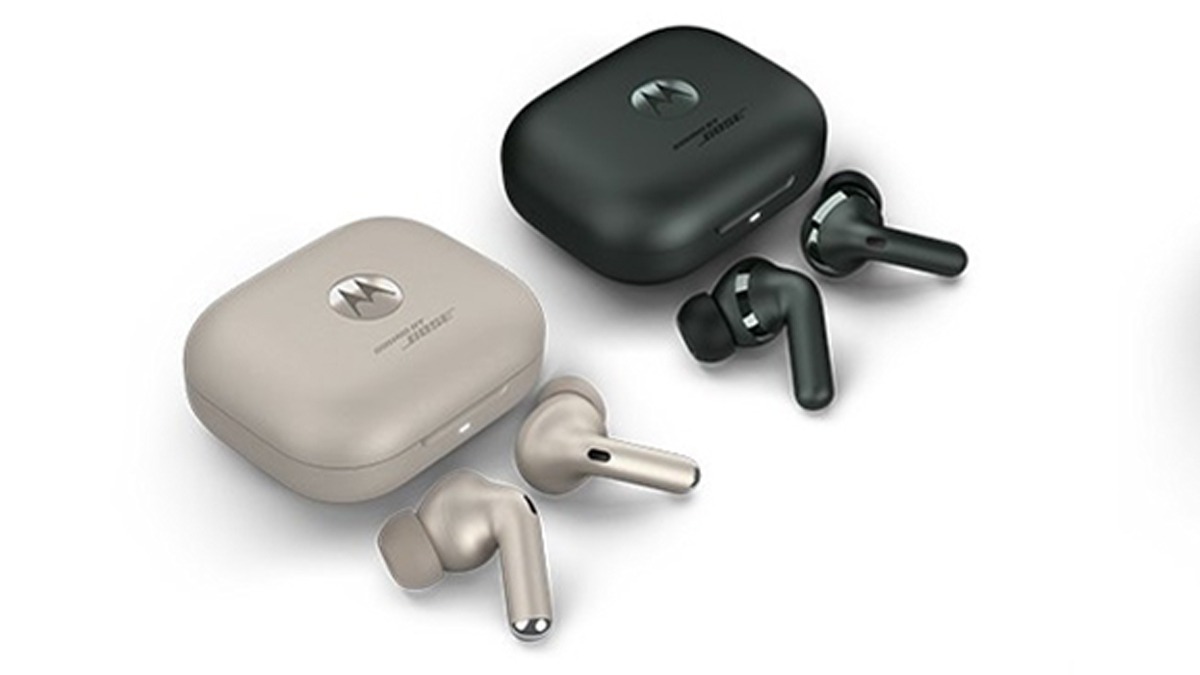Just In
- 9 min ago

- 51 min ago

- 1 hr ago

- 2 hrs ago

Don't Miss
- News
 Euro Zone Economy Faces Risks Without Interest Rate Cuts: ECB Member Warns
Euro Zone Economy Faces Risks Without Interest Rate Cuts: ECB Member Warns - Sports
 IPL 2024: More pressure on Hardik Pandya as Dale Steyn suggests MI captain to step up and help Jasprit Bumrah
IPL 2024: More pressure on Hardik Pandya as Dale Steyn suggests MI captain to step up and help Jasprit Bumrah - Movies
 Coachella: AP Dhillon's Tribute To Sidhu Moosewala Goes Viral Amid Guitar Controversy, Fans REACT To VIDEO
Coachella: AP Dhillon's Tribute To Sidhu Moosewala Goes Viral Amid Guitar Controversy, Fans REACT To VIDEO - Finance
 Rs 14/Share Dividend: Stockbroking Co To Consider Bonus Share, Shares Up 126% In 180-Days
Rs 14/Share Dividend: Stockbroking Co To Consider Bonus Share, Shares Up 126% In 180-Days - Lifestyle
 Summer Fashion: Your Bollywood Style White Outfits Guide To Keep It Cool And Chic
Summer Fashion: Your Bollywood Style White Outfits Guide To Keep It Cool And Chic - Travel
 Journey From Delhi To Ooty: Top Transport Options And Attractions
Journey From Delhi To Ooty: Top Transport Options And Attractions - Education
 IIIT-Bangalore Introduces PG Diploma In Digital Product Design And Management
IIIT-Bangalore Introduces PG Diploma In Digital Product Design And Management - Automobiles
 Jawa Yezdi Expands Mega Service Camps To 32 New Cities, Focusing On Tier-II And Tier-III Regions
Jawa Yezdi Expands Mega Service Camps To 32 New Cities, Focusing On Tier-II And Tier-III Regions
AI Might Soon Be Able To Predict Your EV’s Battery Degradation

Lithium-ion batteries have played a crucial role in the success of electric mobility; however, their lifespans might be restricting the technology from flourishing. While they might be our best bet right now, these lithium-ion reservoirs lose their charm over time. And, “cycle aging” that happens while charging and discharging cannot be held responsible for it alone.
Lithium-ion batteries tend to degrade even when they are not in use. Their cells fall prey to what is known as “calendar aging,” where they degrade in storage or simply when not in use. Because EVs spend most of their life in a parking lot, predicting cell degradation becomes imperative. Well, researchers are training AI to do that for us.
Data Extracted From Six Different Battery Cell Types
A team of researchers has taken charge to prolong your EVs battery and make way for mechanisms that can find a workaround for the calendar aging phenomenon. In a recent study, the researchers compared the accuracy of two AI tools on commercial lithium-ion batteries.
The team gathered calendar aging data from six different kinds of battery cells -- Lithium Cobalt Oxide, Lithium Iron Phosphate, Lithium Manganese Oxide, Lithium Titanium Oxide, Nickel Cobalt Aluminum Oxide, and Nickel Manganese Cobalt Oxide. All these cells were calendar aged at 50, 60, and 70 degrees Celsius, at low, medium, and high voltages.
Machine Learning Tools Predicting Degradation
To make the predictions, the team turned to two machine learning algorithms Extreme Gradient Boosting (XGBoost) and an artificial neural network (ANN). Both tools were picked based on their ability to churn out reliable results, but their results were significantly different for this task.
The team used the mean absolute percentage error (MAPE) metric to judge the algorithms’ performance. This method calculates the average magnitude of errors between the values that were measured and predicted. The smaller the MAPE value, the better the prediction.
Will AI Be Fit For The Job?
The test result showed that XGBoost had a low MAPE value and can come in handy to predict the calendar aging of most battery cells. However, ANN gave good results for only three types of cells.
The former’s performance with battery types that are currently ruling the EV industry shows its usefulness if incorporated in EV battery software to predict the degradation and prolong their lifespans. However, we might still be years away from seeing a commercial application of this system.
-
99,999
-
1,29,999
-
69,999
-
41,999
-
64,999
-
99,999
-
29,999
-
63,999
-
39,999
-
1,56,900
-
79,900
-
1,39,900
-
1,29,900
-
65,900
-
1,56,900
-
1,30,990
-
76,990
-
16,499
-
30,700
-
12,999
-
62,425
-
1,15,909
-
93,635
-
75,804
-
9,999
-
11,999
-
3,999
-
2,500
-
3,599
-
8,893












































